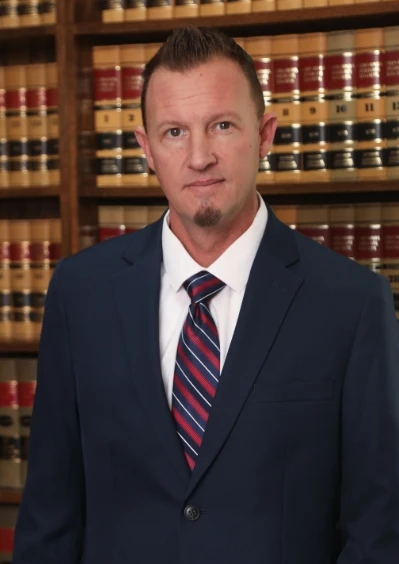Your Attorney’s Obligation to Confidentiality
If you have hired an attorney, the attorney can be held liable for not keeping certain things about your conversation private. Under the State Bar of California, Rules of Professional Conduct, with rare exceptions, an attorney has an obligation to uphold client confidentiality.
The most fundamental principle in attorney-client privilege is the preservation of the client’s confidential information, which includes the conversations held between the attorney and his or her clients. The attorney-client privilege serves to encourage clients to seek legal assistance and communicate fully and frankly with their attorney on all matters even if embarrassing and legally damaging. Furthermore, the attorney-client privilege encompasses matters communicated by the client to the attorney in confidence, as well as matters protected by the work-product doctrine (writings that reflect an attorney’s impressions, conclusions, opinions, or legal research or theories) and ethical standards of confidentiality. Matters protected by the attorney-client privilege and the work product doctrine apply to judicial proceedings and other proceedings.
An attorney cannot reveal a client’s private information or statements made in confidence to any of the following: Prosecutors, Friends or family, Employers, and/or Policing agencies.
If an attorney is to disclose confidential information about the client, it cannot be done so without the client’s informed consent.
No Longer Confidential: Losing the Right to Attorney-Client Privilege
While attorneys are obligated to uphold attorney-client privilege, there are certain situations that may arise which may result in losing a client’s right to confidentiality, also known as waiver.
Communicating in an open space – Unfortunately, if a client has disclosed private information concerning his or her case to the attorney in a public setting, their conversation is no longer considered private. If the conversation is held loud enough for others to listen in, anyone who heard the conversation can testify against the client. When a client has no reasonable expectation of privacy, he or she then waives the right to the attorney-client privilege.
Conversations held in prison systems- Unless a client speaks privately to his or her attorney, they cannot expect confidentiality. This is because most jailhouse systems monitor phone usage. Further, speaking to an attorney in an open area where other inmates are also located can cause any information be heard by other inmates and/or prison guards. Any person who listens to this type of conversation can testify against you.
Inviting other non-clients to be present in the conversation- Often, many clients will choose to bring his or her family members, friends, or significant other to a consultation for moral support. While this is understandable, bringing other non-clients to a meeting with the attorney where otherwise private information will be discussed, the client can potentially be forfeiting his or her attorney-client privilege. Unless the other individual is also a client and/or can help develop the case, a client should always be cautious in bringing others into the conversation.
If you are unsure as to whether having your significant other in the conversation can hurt your case, consult with your attorney prior to the event.
Sharing facts about the case with others- In the even that a client reveals private information about his or her case to other individuals, he or she has no reason to expect privacy. Under certain circumstances, a client who speaks to his or her spouse may have a separate privilege, however that is not always the case. A client should never expose details about the case without expecting a forfeiture of his or her attorney-client privileges.
Seeking Professional Assistance
While there are certain events that can constitute in the waiver of attorney-client privilege, if you otherwise feel that you have not committed a fault, consult with an expert attorney who can guide you in the matter. Most clients expect professionalism from his or her hired attorneys and they have every right to. Unfortunately, an attorney can commit a blunder, which can cause severe grievances on your behalf. If this is your case, consult with an experienced attorney who deals with legal malpractice who can help you.
The attorneys at the Knez Law Group are experienced in the matter of attorney breach of confidentiality. If you have reason to belief that your attorney has released confidential information about your case, the Knez Law Group can fight for your rights and may be able to help you in seeking restitution.

Matthew J. Knez graduated from the University of Redlands in California with a Bachelor of Arts degree in Creative Writing. He then pursued his law degree at the University of La Verne College of Law in Ontario, California, where he earned various awards, including the CALI Award in Torts, and was on the Dean’s List. During his time in law school, Mr. Knez was a member of the Justice and Immigration Clinic, working with individuals seeking asylum in the United States from countries where they faced persecution or threats of persecution. Additionally, he was an Associate Editor for the Law Review and published an article on California family custody move-away cases. Learn more here.
